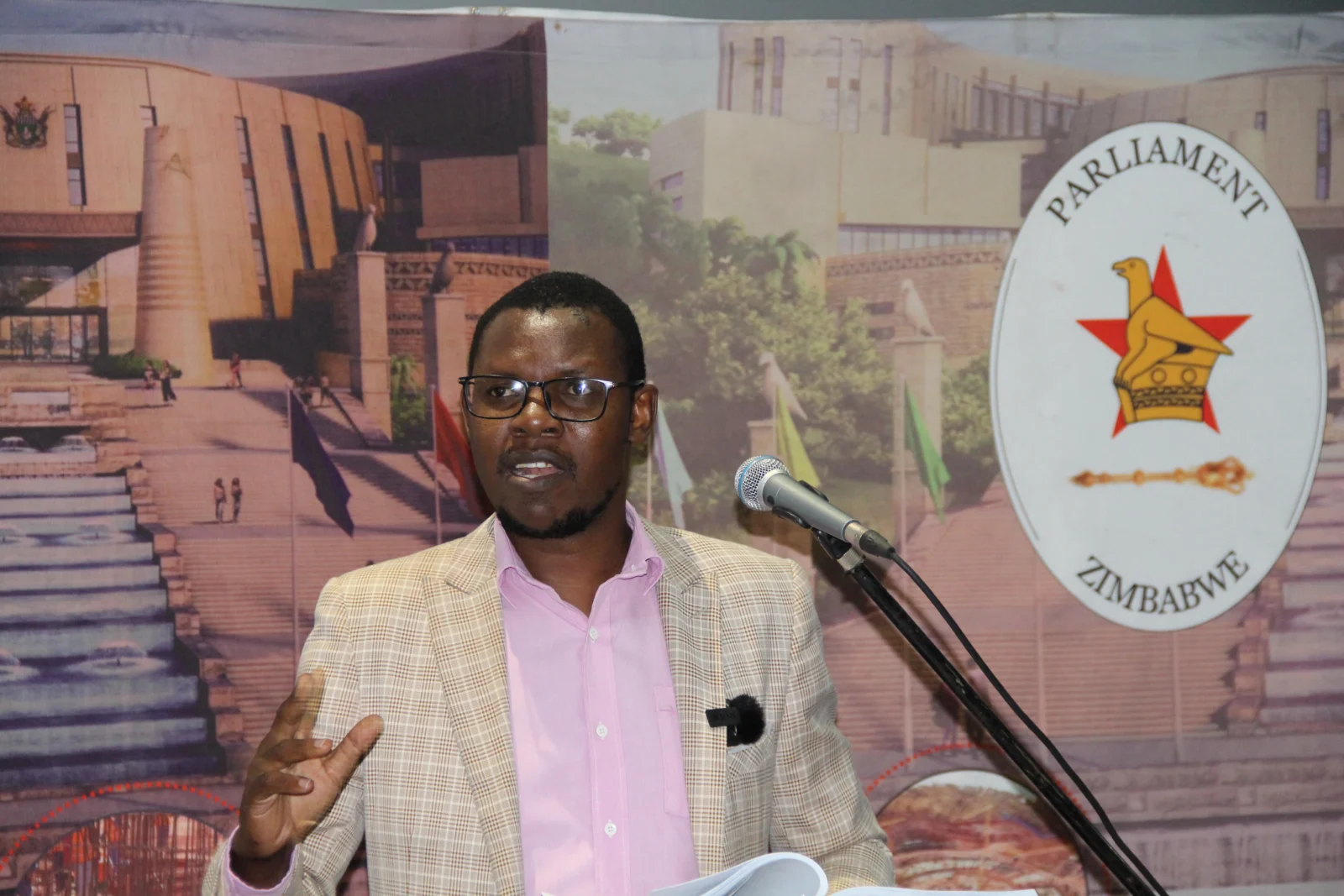Experts Slam Bullying by Western Countries, Vow Zim Will Benefit from its Lithium Resources

The view by Attorney Peter Leon that by banning lithium ore exports Zimbabwe was “playing with fire” has been described by local analysts and miners as a poor attempt to solely benefit from Africa’s resources while leaving African nations with nothing to show for them.
Rudairo Mapuranga
In his argument, Leon said bans on mineral exports by Zimbabwe and Namibia could fall foul of World Trade Organisation (WTO) founding regulations.
The WTO allows export and import levies but is opposed to quantity restrictions as a basic precept of its formation, said Leon. Since raw mineral export bans are often coupled with other laws promoting in-country processing so-called ‘beneficiation’ will end up “breaking every law in the WTO’s book”, Leon said.
In 2020, Indonesia banned nickel exports saying it had domestic shortages. The WTO didn’t accept this argument. It sided with the European Union which had launched an objection. An attempt by Indonesia to appeal the WTO’s judgement was likely to fail as the WTO appellate division no longer exists, said Leon. The US declined to support the WTO during the administration of former President, Donald Trump.
Responding to the allegations by Leon, an Expert in Mining and Natural Resources Law, Dr James Tsaburi said Leon’s statement was a loud nothing threat meant to bully Africa from benefiting from its minerals resource. He said since Zimbabwe has a large lithium resource and the critical nature of lithium to the green revolution, Western countries will stop at nothing in trying to control the resource.
He said his reference to WTO is unfounded because WTO does not prescribe legal frameworks that countries must adopt to regulate their mineral value chain.
“His statement is nothing but a bully’s empty threats. There is no international treaty on mineral trading. Export restrictions are purely the purview of domestic law. As with any other country, Zimbabwe has sovereign rights to regulate mineral extraction, processing, beneficiation and mineral export.
“The reference to WTO is as mischievous as it is legally unfounded. The WTO does not prescribe legal frameworks that must be adopted by countries to regulate their mineral value chains. It is not surprising that a lithium export ban raises eyebrows – lithium is a critical mineral and the fact that Zimbabwe has massive lithium deposits throws it in the spotlight of global powers,” Dr Tsaburi said.
Speaking to Mining Zimbabwe renowned geologist Paul Chimbodza said it was always logical and beneficial to host countries if they beneficiate their minerals.
“Logically, every nation must strive to beneficiate their resources than export raw material which invariably exports jobs,” Chimbodza said.
Zimbabwe Diamond and Allied Mine Workers Union (ZDAMWU) General Secretary Justice Chinhema told Mining Zimbabwe that the idea by Western countries to dictate how Africa was supposed to sell its minerals was despotic. He said banning raw mineral exports was going to create more jobs through value addition and beneficiation.
“Our understanding as workers is that the ban on raw Lithium is benefiting the country more in many ways,
- Value addition and beneficiation – our minerals will be competitive on the market bringing the much-needed foreign currency.
- Job creation – by value addition, we are creating more jobs in the value chain up to the mining of the mineral.
“These capitalists must just shut up, they cannot tell us how we should trade our minerals. They are used to loot our resources for their benefit. They want them raw and they value add in their country and sell the same to Africa as their products. Africa needs to be independent to choose how they dispose of their minerals. Only Zimbabwe has control over its minerals,” Chinhema said.
Lithium miner Shelton Lucas said the advantages of banning lithium exports were going to benefit the country in the sense that exporting raw ores would result in the country losing other minerals which are hosted by the ores.
“The advantages of banning lithium ore exports in Zimbabwe are many because lithium is hosted by pegmatites which are embedded with 10+ other minerals like tantalite and tin which are not given a value tag and taken for free if lithium is sold as ore.
“By beneficiating lithium these minerals are liberated and can be sold separately,” Lucas said.
In December 2022, Zimbabwe imposed a ban on the export of unprocessed lithium aimed at stopping job exports.
Permanent Secretary in the Ministry of Mines and Mining Development Mr Pfungwa Kunaka at the time said the ban will help exploit the full value chain of lithium.
He pointed out that Zimbabwe had already seen marked growth in the value of mineral exports from less than US$3 billion in 2018, when it launched the 12 billion Mining Industry roadmap to grow the shipments, to US$12 billion by 2023, to well over US$6 billion in 2022.
“. . . You gain better when you are value-adding. And starting value addition is preparing to exploit the full value chain of lithium, which ends up in issues of products like solar batteries for electric cars et cetera, which is the direction the world is going.
Lithium Mining in Zimbabwe is on the rise with several projects in the exploration phase forecasted to kick-start production within 2023. The country has the largest lithium reserves in Africa and the fifth-largest deposits worldwide. It has the highest number of Lithium projects under exploration on the continent.
On the 6th of July 2023, President Mnangagwa commissioned the 3rd biggest Lithium processing plant in the world which processes 4.5 million tonnes per annum.


